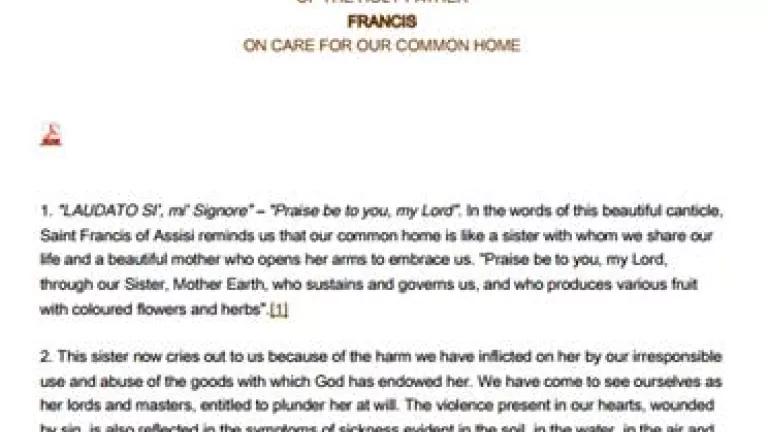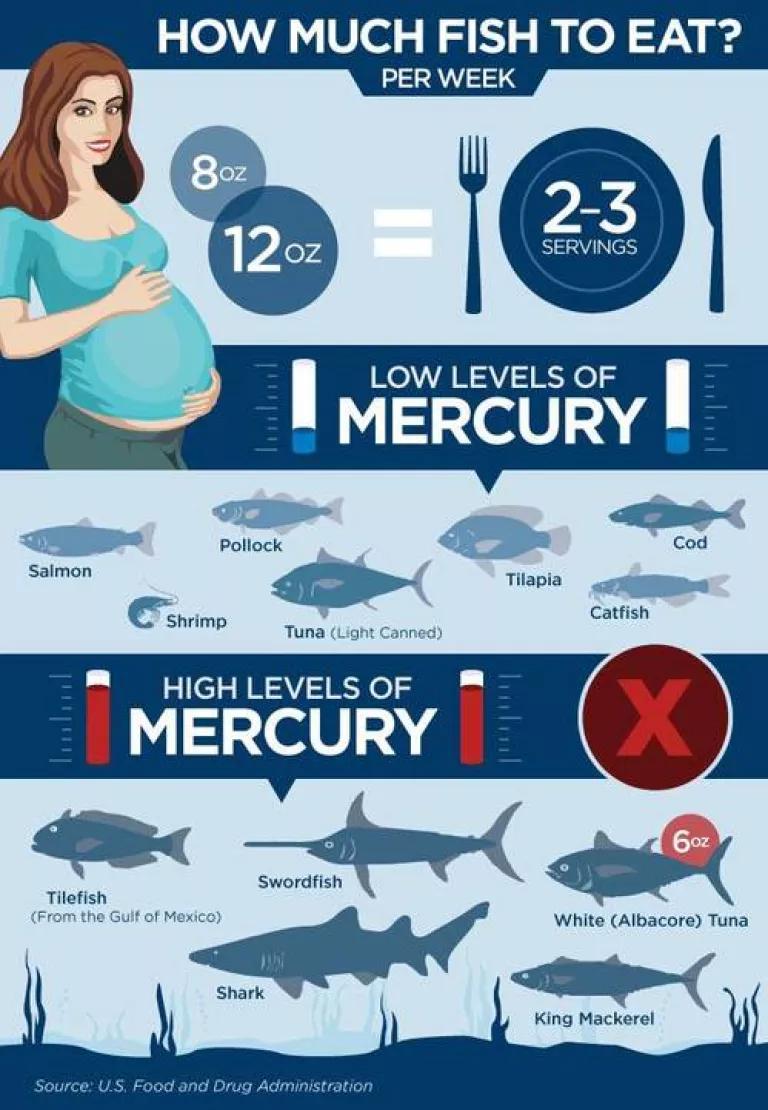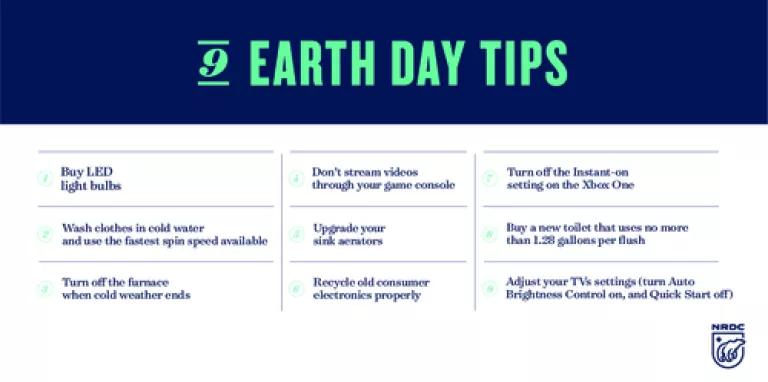
Pope Francis's recent Encyclical Letter on the Environment asks us to consider our responsibility for the toxic pollution we create.
With the pope's visit to the United States this week, I re-read the encyclical and made an interesting discovery. Before I get to the discovery, let's look at the question posed in the encyclical.
In the second paragraph, the pope observes "our very bodies are made up of [the earth's] elements, we breathe her air and we receive life and refreshment from her waters." This is the factual basis for the argument that follows: actions that pollute air and water raise religious questions because the pollution harms people.

Consider the approximately 2,000 coal-fired power plants in operation around the world today, which the encyclical cites as "highly polluting." Burning coal to make electricity releases mercury, arsenic, sulfur dioxide, particulates, and other toxic substances into the air. These toxic substances harm people who breathe polluted air, drink polluted water, eat fish from the ocean where pollutants aggregate, and eat food grown in soil where pollutants fall. They cause sickness and shortened lives through neurological problems, lung cancer, birth defects, asthma, and the like. (See report by Physicians for Social Responsibility, or this report by Union of Concerned Scientists, or this report published by the American Lung Association).
Even very small amounts of these toxins are poisonous for children, which is why the FDA warns pregnant women and parents about mercury in fish. (See FDA tables for mercury levels in different types of fish.)
Most of the commentary in the news about the encyclical focuses almost exclusively on the fact that carbon pollution is considered in a similar way. That is, the encyclical concludes carbon pollution is problematic because it, too, harms people. The changes in climate caused by carbon pollution are expected, in particular, to harm the poor and people in developing countries.
I discovered a different theme in the encyclical. It is that we, as individuals, can do something about the problem by making choices that lead to less pollution.
I am fortunate to be surrounded by colleagues who study this exact subject. Our work supports the conclusion that people can reduce the amount of toxic pollution they create in sensible, thoughtful ways. Consider these facts:
- A home buyer who selects a high-efficiency home can expect to use (on average) about 30 percent less energy than in a typical newly-built home because of more insulation, better air sealing, and better appliances. This decision saves about 45,000 kwh of electricity over 15 years of residence -- this is power that does not need to be produced and delivered by the power plant. (The EPA's ENERGY STAR program helps home builders meet high efficiency standards.)
- Making efficiency repairs to an existing house, such as adding insulation, air sealing, choosing a high-efficiency air conditioner or boiler when replacing it, can lead to similar 30 percent savings. (The California "Energy Upgrade" program illustrates what is possible.)
- What does it mean to avoid the need for 45,000 kwh of electricity? In terms of pollution from a coal-fired power plant, it means not burning about 33,000 pounds of coal. (This EPA calculator shows avoided fuel use and emissions, with methodology here.)

- What about the items inside the home? My colleague Noah Horowitz found substantial energy savings can come from installing modern lighting, turning-off televisions, set-top boxes, and computers when not in use (actually "off," not just on "stand by"). His 9 "Earth Day Tips" make sense.

- The encyclical specifically highlights the importance of water. Selecting a high-efficiency clothes washer can save thousands of gallons of fresh water per year, per household. Not only does it save water (crucial in many regions in drought), but it saves the "embedded energy" in water -- avoiding the need for the water utility to use electricity to pump the water to the home and for the resident to heat the excess water. (See this description of embedded energy.)
I've listed only a few common individual choices that reduce toxic pollution. Our collective choices matter, too -- choices reflected in public policy. Consider Federal appliance standards, passed by Congress. A typical refrigerator in 2015 can be expected to use only about 500 kwh annually, thanks to these standards, which pushed manufactuers to innovate. Without these government standards, manufacturers might still sell the models they considered very efficient in the 1990s, which averaged about 1,000 kwh per year, or those from the 1980s that used double that amount of energy. (See this Fact Sheet explaining how appliance efficiency standards will avoid pollution equivalent to the emissions of 100 million cars or 118 coal-fired power plants! Or this report by my colleague Meg Waltner explaining how building energy codes drive efficiency and innovation in houses.)
Of course, in addition to the choices I noted here related to housing, we can make sensible decisions related to transportation, urban planning, investing in renewable energy, and food that, in similar fashion, can lead to less toxic pollution.
Air and water pollution are often out of sight, out of mind for many of us. But the childhood asthma and other sicknesses caused by pollution are, in fact, all around us. And, as the pope's encyclical emphasizes, the harms from pollution are especially hard on poorer communities, which are often nearer to power plants. It hardly seems radical that the pope expects people to acknowledge and respond to these facts by making choices that lead to creating less toxic pollution.
